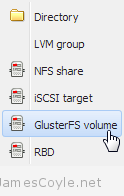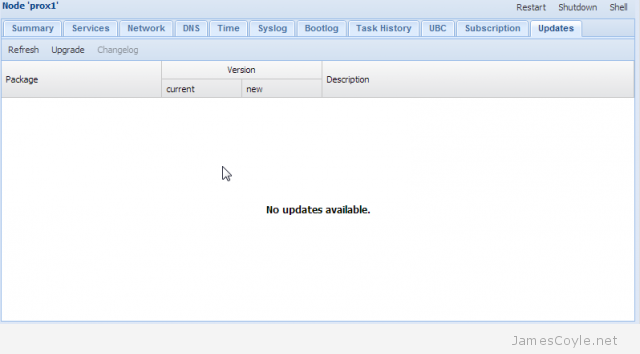Proxmox 3.1 is now available!
Category : Tech News
 A new release of Proxmox is now available, release 3.1.
A new release of Proxmox is now available, release 3.1.
The highlights of this new release are:
- A new storage plugin for GlusterFS.
 This is a new storage plugin which can be used to add usable storage to your Proxmox host. GlusterFS is an open source, distributed file system with potential to house a huge capacity of data.
This is a new storage plugin which can be used to add usable storage to your Proxmox host. GlusterFS is an open source, distributed file system with potential to house a huge capacity of data.
GlusterFS is key to open source, scalable and highly available storage spanning many servers, and even data centres.
See their About page for more information: http://www.gluster.org/about/
- The SPICE protocol has been implemented as a technology preview. Whilts it is not recommended for production systems, you can see what’s in store in the Proxmox roadmap.
- One of the most dramatic changes of Proxmox 3.1 is that the package repositories have been split into subscription and none-subscription. The subscription repository is the only repository recommended for a production server, however it requires a paid subscription with Proxmox to access it. See this thread for more information on the new Updates GUI page.

You can update any 3.0 install of Proxmox to the latest 3.1. Before updating, make sure all your VM’s have been stopped. Run the below commands on each server in your cluster.
apt-get update apt-get dist-upgrade
Restart all Proxmox servers to complete the update.
 The guys building Proxmox have not been messing about; in the past couple of weeks we have seen a major release of Proxmox V3.0 and a few updates. We now have qemu templates which we can clone as many times as required, as a whole new guest or a thinly provisioned guest linked to the clone. With the latest updates we now have storage migration which enables us to move a qemu guests storage to a new storage type.
The guys building Proxmox have not been messing about; in the past couple of weeks we have seen a major release of Proxmox V3.0 and a few updates. We now have qemu templates which we can clone as many times as required, as a whole new guest or a thinly provisioned guest linked to the clone. With the latest updates we now have storage migration which enables us to move a qemu guests storage to a new storage type.